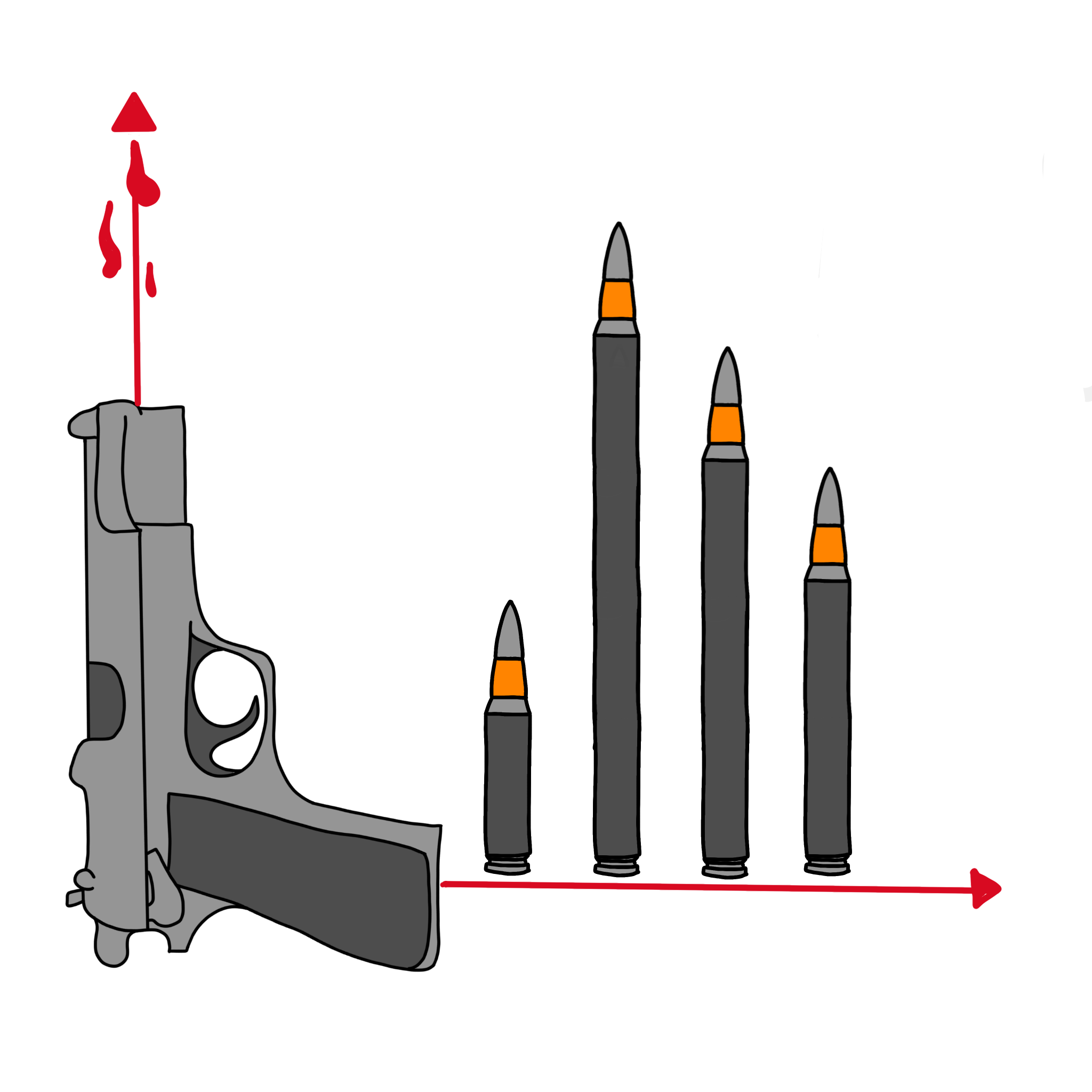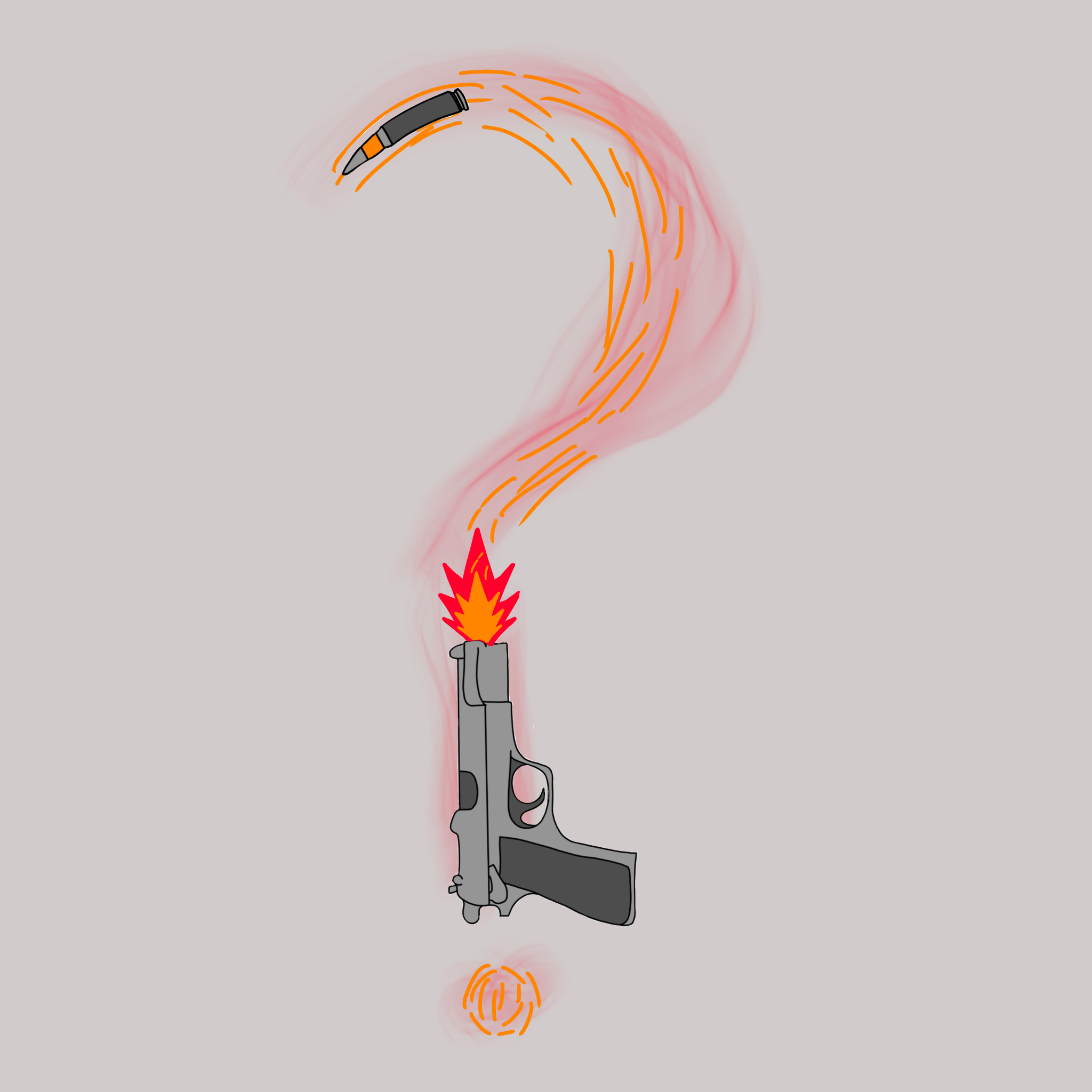In the United States, the incidence of gun violence has increased to 43,000 deaths every year, an increase of more than 10,000 deaths as compared to a decade ago. This increase causes a pervasive feeling of insecurity and hypervigilance in people, leading to mental health challenges. Examples of improper gun use include mass shootings, gang violence, and police shootings, which all take a toll on the mental health of victims and witnesses. The trauma, fear, and grief associated with gun violence can lead to a range of mental health issues, such as depression, anxiety, post-traumatic stress disorder (PTSD), and substance abuse. In particular, those illnesses cause people to remain vulnerable to trauma for years and damage their nervous systems.
The impact of gun violence on the nervous system can be severe and long-lasting. The sudden and traumatic nature of gun violence can trigger the release of stress hormones such as cortisol and adrenaline, which can cause significant changes in the brain and nervous system. These changes result in a range of physical and psychological symptoms, including increased heart rate, rapid breathing, hypervigilance, and other symptoms of PTSD. According to CWLA, children who experience gun violence are exposed to negative psychological effects, “including anger, withdrawal, post traumatic stress, and desensitization to violence” (Garbarino et al., 2002). Exposure to gun violence leads to changes in the structure and function of the brain, particularly in areas responsible for emotional regulation and cognitive processing. Therefore, victims are subject to mood swings and health issues such as depression and anxiety.
In addition, gun violence disproportionately affects certain groups of people, including minorities and low income individuals. For people with lower socioeconomic status, they often live in areas where gun violence occurs more commonly, thus being exposed to more fatal and nonfatal shootings. Furthermore, people who live in neighborhoods with high rates of gun violence are more likely to experience chronic stress, causing an increase in allostatic load, damaging the immune system and disrupting the menstrual cycle. Moreover, certain demographic groups, such as children and women, are at a higher risk of gun violence, making them more vulnerable targets of mental disorders.
Lastly, not only does gun violence cause mental illnesses in victims, it also stigmatizes the people with mental illnesses and intensifies social tension. In the aftermath of a mass shooting or other violent incident involving firearms, people often blame the perpetrator’s mental illness as the cause of the violence. This blame can lead to stigmatization and discrimination against people with mental illnesses, causing unfair social exclusion and reduced access to healthcare services. For example, the National Rifle Association lays the blame of mass shootings on people with mental illnesses, while in reality such illnesses are not a reliable predictor of violence.
Overall, gun violence has a significant impact on mental health, which can lead to long-lasting physical and psychological symptoms. Individuals who are exposed to gun violence are at a higher risk of developing PTSD, anxiety, and depression. Moreover, gun violence disproportionately affects minorities, people with lower socioeconomic status, and those who have mental illnesses. Therefore, it is important to correctly analyze the nature of gun violence and promote social inclusion and acceptance for those with mental illnesses.
Sources:
“Statistics.” Giffords, 4 Apr. 2023, https://giffords.org/lawcenter/gun-violence-statistics/.
admin, About the Author: “The Impact of Gun Violence on Children, Families, & Communities.” CWLA, https://www.cwla.org/the-impact-of-gun-violence-on-children-families-communities/.
Melinda Smith, M.A. “Effects of Gun Violence on Mental Health.” HelpGuide.org, 28 Feb. 2023, https://www.helpguide.org/articles/ptsd-trauma/effects-of-gun-violence-on-mental-health.htm.
Swanson, Jeffrey W, et al. “Mental Illness and Reduction of Gun Violence and Suicide: Bringing Epidemiologic Research to Policy.” Annals of Epidemiology, U.S. National Library of Medicine, May 2015, https://www.ncbi.nlm.nih.gov/pmc/articles/PMC4211925/.
Written by Annie Zhu

 Gun violence in the U.S.: By the numbers
Gun violence in the U.S.: By the numbers